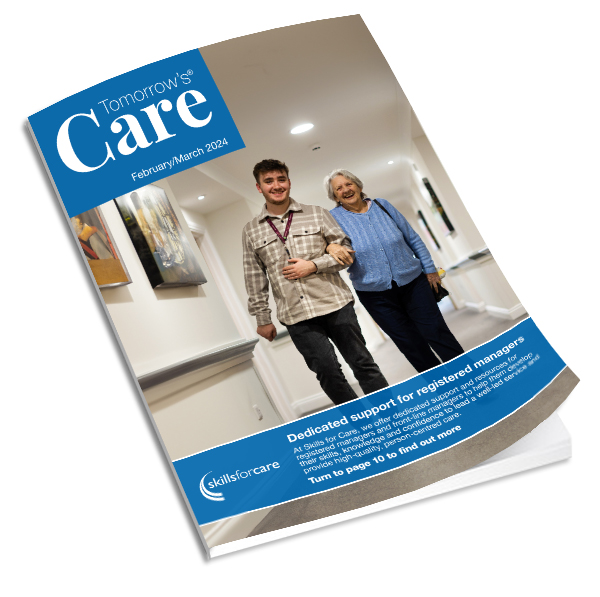- Home
- >
- Cracks in the Pathway
Dementia sufferers ‘at risk of poor care’

Dementia sufferers in England can expect to experience poor care as they move between care homes and hospitals, says a damning report by the Care Quality Commission (CQC).
In ‘Cracks in the Pathway’, the CQC considered four key areas at 129 care homes and 20 hospital across England: how people’s care needs were assessed; how care was planned and delivered; how providers worked together and how the quality of care was monitored.
In about 29% of care homes and 56% of hospitals, the CQC found assessments were not comprehensive in identifying all of a person’s care needs. In about 34% of care homes and 42% of hospitals, inspectors found variable or poor care.
The report says the variation in how care is assessed, planned, delivered and monitored by hospitals and care homes puts people living with dementia at risk of experiencing poor care.
It found that when people are admitted to hospital via A&E there is too much focus on physical health needs and little consideration given to a person’s emotional and psychological needs. Poor sharing of information between different institutions and a lack of understanding and knowledge of dementia care by staff were also brought to light by the review.
The report emphasises that supporting both the physical health and mental wellbeing of a person – as well as managing known risks such as falls and urinary tract infections – can help reduce avoidable admissions to hospital and unnecessary long stays.
Commenting on the findings, Andrea Sutcliffe, Chief Inspector of Adult Social Care, said: “Our review found some great care, delivered by committed, skilled and dedicated staff. But this is not the case everywhere or even within the same service meaning too many people are at risk of poor care. This has got to change.”
The report has been published as the CQC begins its new system of inspecting health and social care services. The regulator hopes that this new approach will make it easier to identify and take action against poor care.
The health secretary, Jeremy Hunt, said: “There can be no excuse, and no hiding place, for poor care within our NHS – we are focusing on improving the lives of dementia patients and their families as never before. That’s why we’ve trained thousands of NHS staff to recognise the signs of dementia and invested in dementia friendly care homes and hospital wards.”
Talking about the knowledge gap of staff highlighted in the report, Professor Gillian Leng, Deputy Chief Executive and Director of Health and Social Care at NICE, commented: “People with dementia deserve the best quality of life in their old age. With NICE’s range of guidance available to all, there is no excuse for standards of care to fall short.”
Jeremy Hughes, Chief Executive at Alzheimer’s Society, added: “We know there are many care homes and hospitals that are getting it right by training their staff in person centred care and making their homes and wards more dementia friendly. Developing staff and helping them understand the needs of people with dementia are vital if we are to improve the care people receive.”
Following the report, the CQC has promised to appoint a new national specialist adviser for dementia care. It will also introduce specialist training for inspectors and include a dedicated section in hospital inspection reports assessing how well the hospital cares for people living with dementia.
- CQC ratings
- Care home news
- Care jobs
- Care planning
- Care sector awards
- Care sector events
- Care sector news
- Care staff
- Charity
- Cleaning & Hygiene
- Construction
- Dementia
- Disability
- Entertainment
- Finance
- Fitness
- Food & Drink
- Fundraising
- Furniture
- Health & Safety
- Healthcare
- Hospice & Palliative Care
- Hospitals
- Industry Comment
- Interiors
- Laundry
- Legal
- Leisure
- Medication
- Mental Health
- Mobility
- New appointments
- PPE
- Products
- Property
- Recruitment
- Relationships
- Research
- Safeguarding
- Security
- Services
- Social care
- Sustainability
- Technology
- Training
- Transport
- Uniforms
- Waste
- Wearables

















